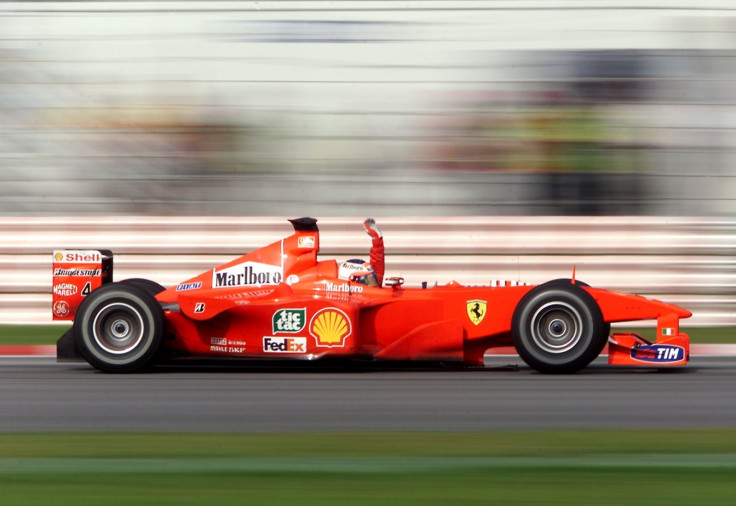Formula 1 drivers start competing in official esports race
More virtual races could be organised this season as a replacement for the eight races that have already been suspended
Most major international sporting events are halted amidst the COVID-19 outbreak. Formula 1 faced such consequences and Azerbaijan is the latest venue to pull out from this season's racing schedule. The first eight races of the upcoming season have been called off due to the coronavirus pandemic.
The Internet has offered the athletes an opportunity to capitalise on their self-isolation period. Formula One is planning an F1 Esports Virtual Grand Prix series, where "several current F1 drivers" will play Codemasters' official F1 2019 game on their PCs, and the game will be broadcast live worldwide.
Challenging others online via a video game version of their professional sport is trend in the making, with La Liga's footballers finishing a weekend playing FIFA '20. Real Madrid midfielder Marco Asensio won the recently concluded virtual La Liga tournament. The event raised more than €140,000 ($150,000) for charity purposes.
The plans state that virtual races are to be contested on the same days as the actual Grand Prix schedules. Interestingly, the Bahrain Grand Prix was scheduled to be organised this weekend. Instead, F1 has replaced it with an esports equivalent of the race, featuring McLaren's Lando Norris and Williams' Nicholas Latifi against Nic Hamilton and former star Nico Hulkenberg. Nic happens to be the brother of the current F1 world champion Lewis.
Former F1 racers Johnny Herbert and Anthony Davidson also participated, and so did numerous YouTube personalities. The race was shown live online.
Renault's test driver, Guanyu Zhou, won the 14-lap race with just 25% of the distance originally covered in the real version. Mercedes' Formula E star Stoffel Vandoorne finished at the second position.
The race also included keen gamers like Norris, who got involved in the some final corner drama. A YouTuber brought the Briton down to fifth place.
It is understood that some drivers can handle the virtual wheel pretty well but others aren't swift enough. As a result, the competition was designed in a manner that will encourage entertaining and competitive racing. This means poor virtual drivers might be provided with advantages such as reduced vehicle damage, optional anti-lock brakes and traction control among many others.

Organisers will now be hoping to conduct similar races every weekend to compensate for the already suspended events in Vietnam, China, Netherlands, Spain, and Monaco.
© Copyright IBTimes 2025. All rights reserved.





















